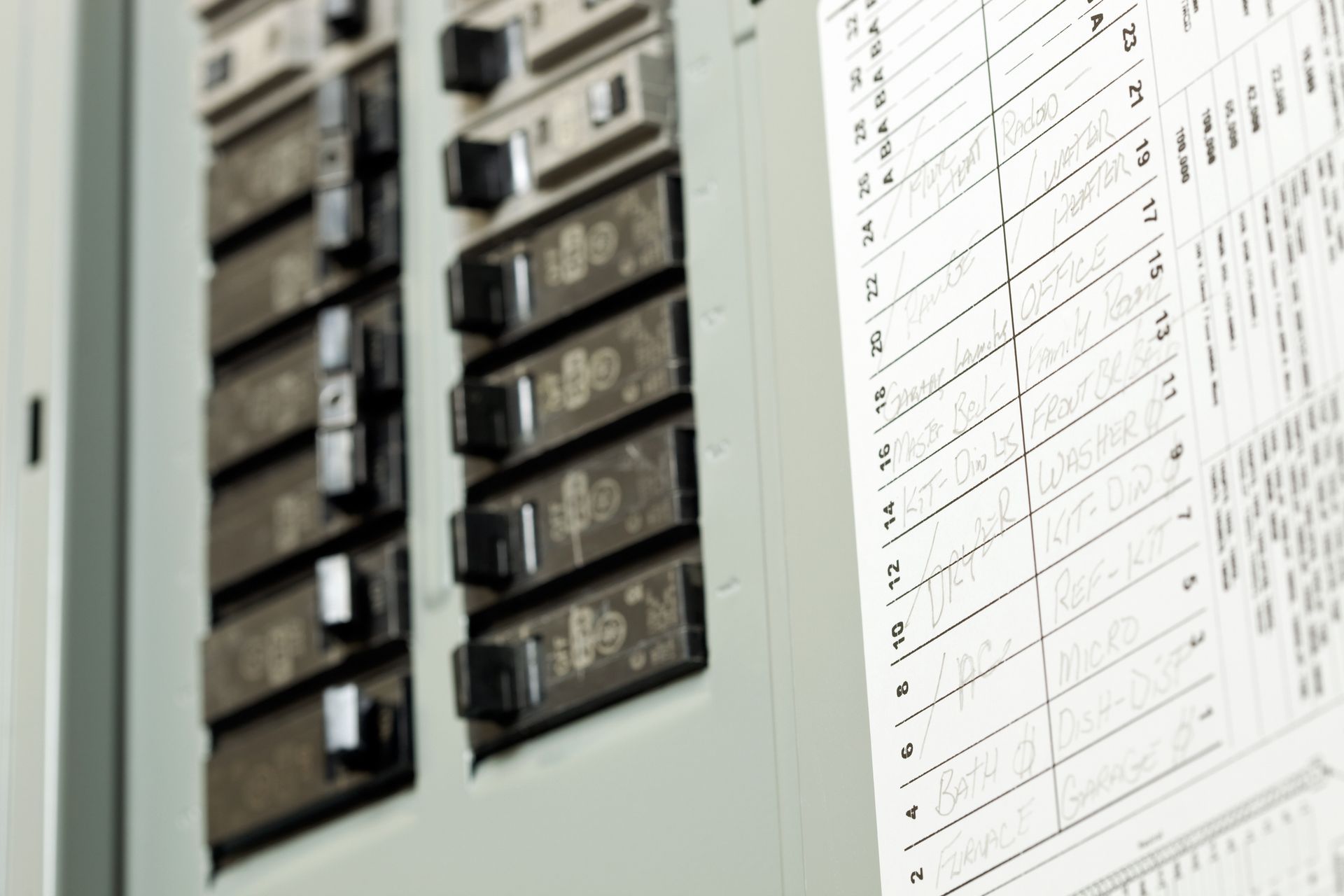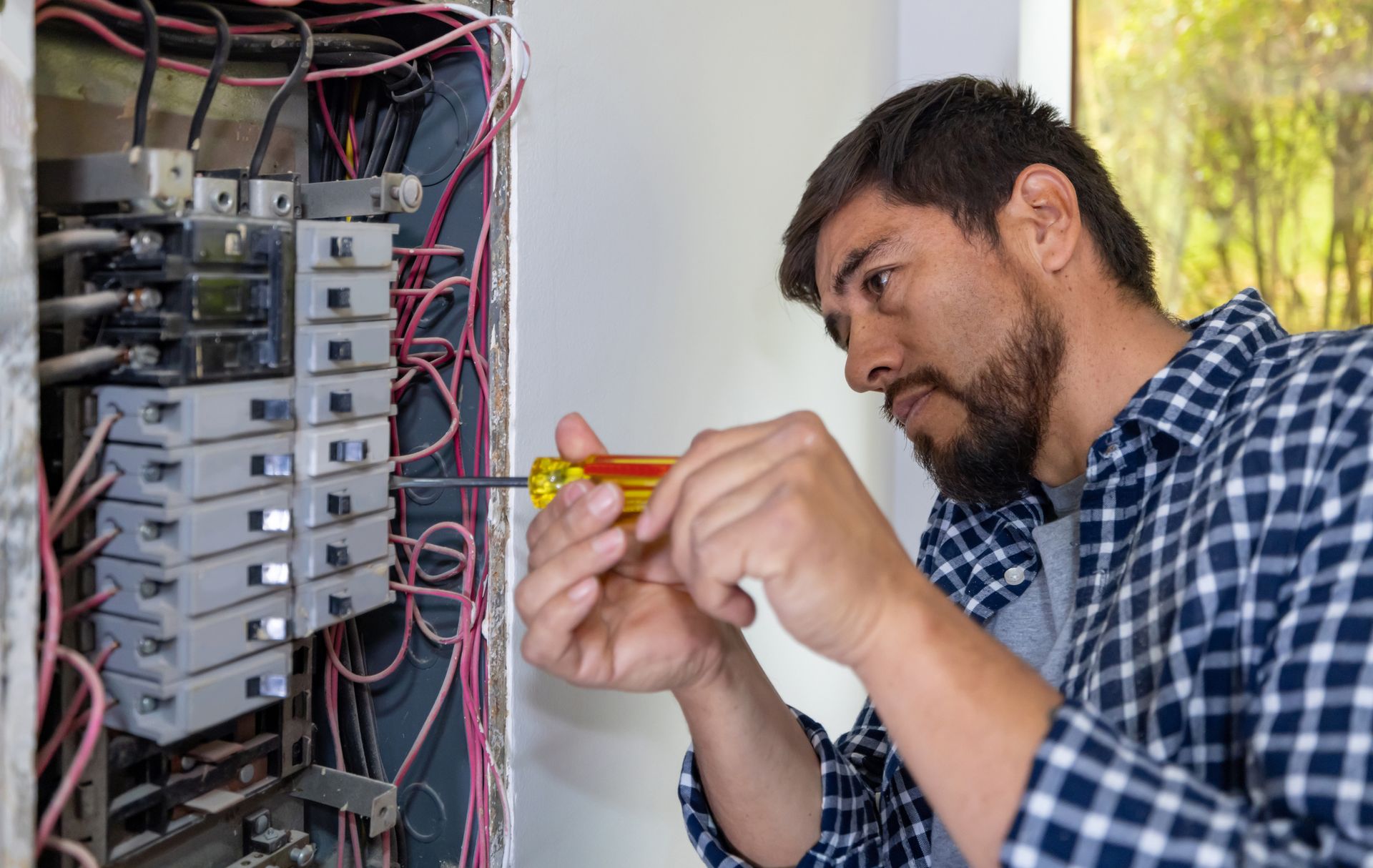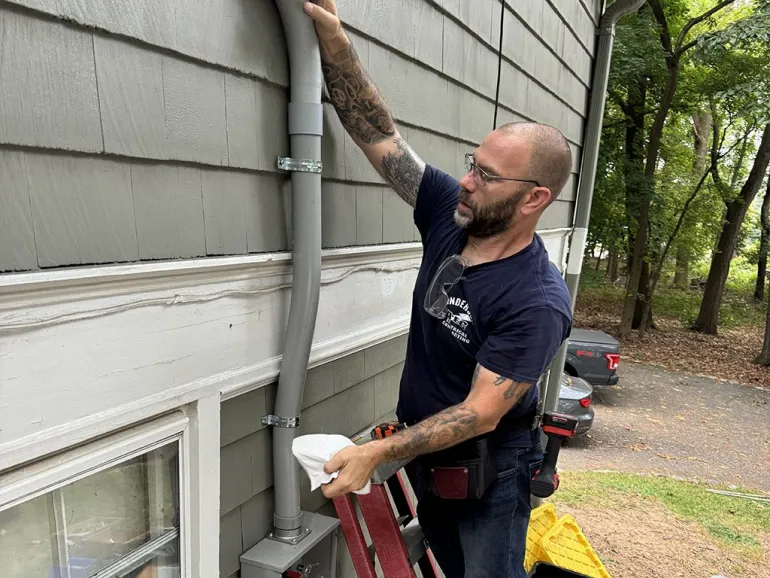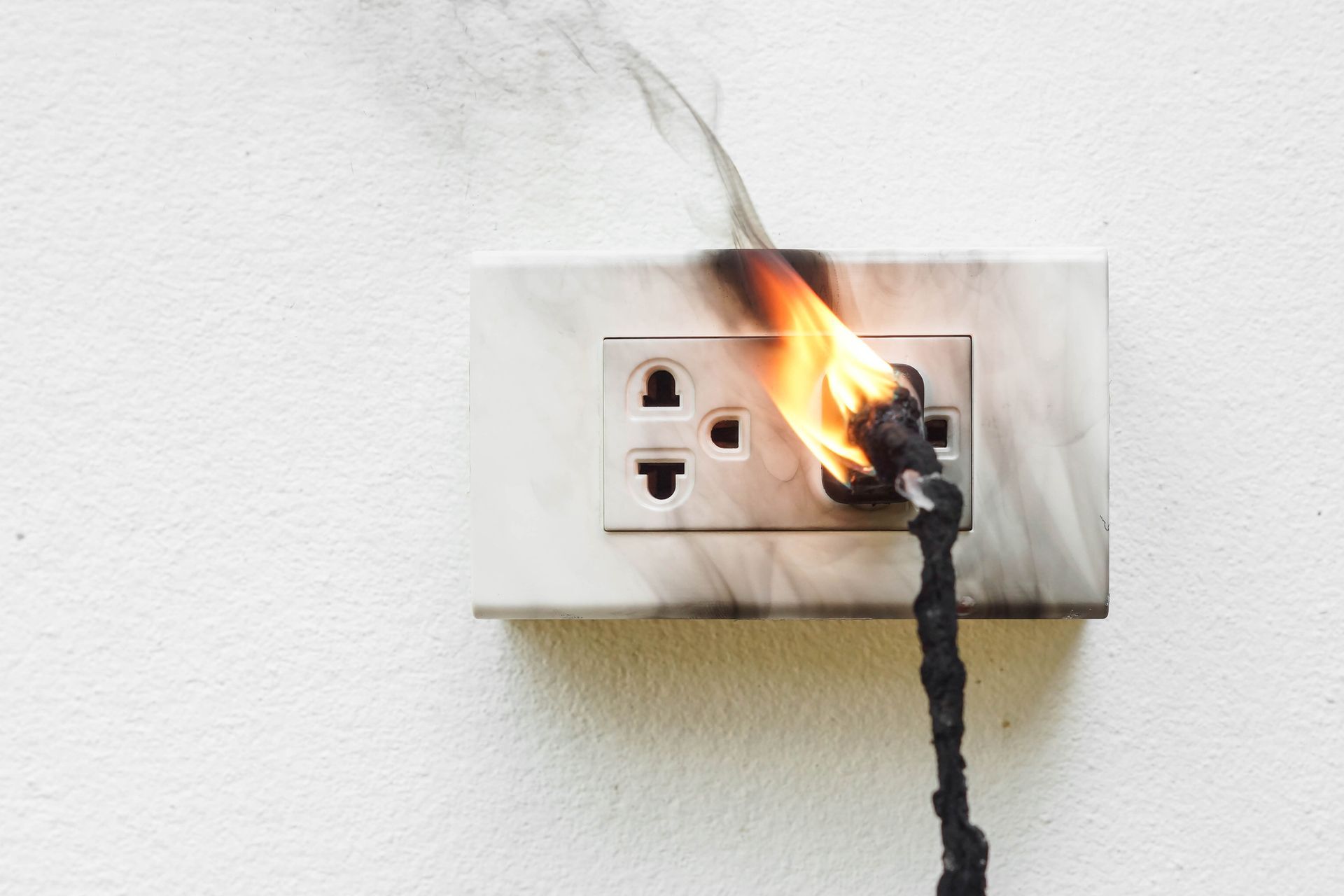Get in Touch With us Today!
CALL NOW 973-857-4333
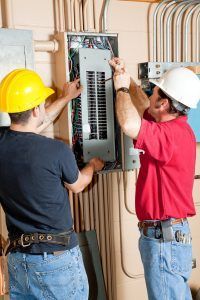
At the beginning of summer, we wrote a post about the differences between a fuse box and a breaker panel. It’s important for a homeowner to know what type of electrical panel they have, since outdated panels have trouble handling the electrical load in modern homes.
They can also be safety hazards.
If you know you have a fuse box in your house, you may have asked yourself if it’s creating a dangerous situation. We won’t be alarmist, but fuse boxes are certainly less safe than an updated electrical panel. We recommend all homes with fuse boxes arrange for electric panel services in Montclair, NJ to have updated breaker panels installed to replace the fuse boxes. It’s better for electrical power in the house—and safer as well.
The Troubles With Fuse Boxes
The purpose of fuse boxes and breaker panels is to divide incoming current into different circuits. Both contain safeguards to shut off voltage in case of excess electricity—the breaker panel by tripping a breaker, the fuse box by burning through a fuse.
Unfortunately, fuse boxes do not have the reliability of performance breaker panel do. (And they’re not the only type of older, potentially unsafe electrical panels. We advise having your panel checked by professionals if your home was built before 1990.)
Again, we don’t want this to sound panicky, because a fuse box isn’t automatically unsafe. The trouble is that most fuse boxes have been modified to adapt to large electrical demands—and this often makes them dangerous. In cases of unlicensed modifications, a fuse box can be a major hazard. ( Never attempt repairs or modification to parts of the electrical system yourself!)
The big problem for modified fuse boxes is larger fuses put in to handle the electrical load. Small fuses may blow, but putting in a much bigger fuse is a fire hazard. The circuit itself isn’t rated for more power, so if there’s a 20-amp fuse on a 15-amp rate circuit, it can be dangerous.
Then there are the terrible patchwork fixes. We’ve seen plenty of these, and you may have them in your fuse box and not know it because the previous owner put them in. Adding metal objects to replace fuses and handle more electricity circumvents the safety precautions. One of the worst “fixes” you may have in your fuse box is the copper penny. A frustrated homeowner who encountered too many outages may have run out of fuses and put a penny in the box because the copper coin won’t burn out. But now the wiring is in danger of burning out, because the point of the fuse box—stopping excess voltage flow—is defeated.
You probably feel tempted now to run to the fuse box to see if anybody jammed a penny in there. That’s a good thought, but the best route is to call our electricians to arrange to replace the entire fuse box as soon as possible. We’ll not only eliminate this safety hazard, we’ll update your household’s electrical system for the twenty-first century.
SAFETY, DEPENDABILITY, SERVICE: Anderson Electric Corp. serves Northern Jersey. Call for electrical panel replacement.

